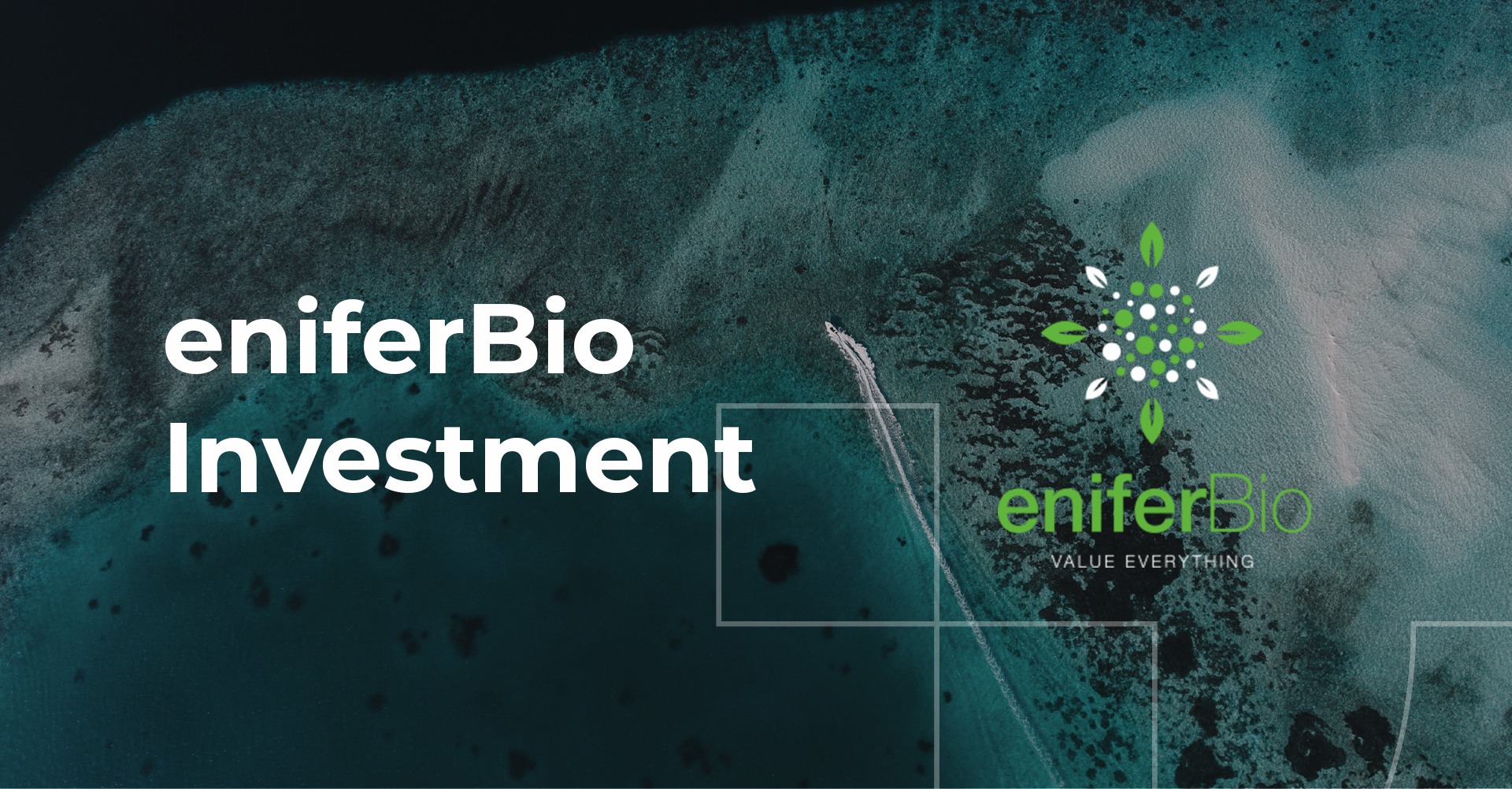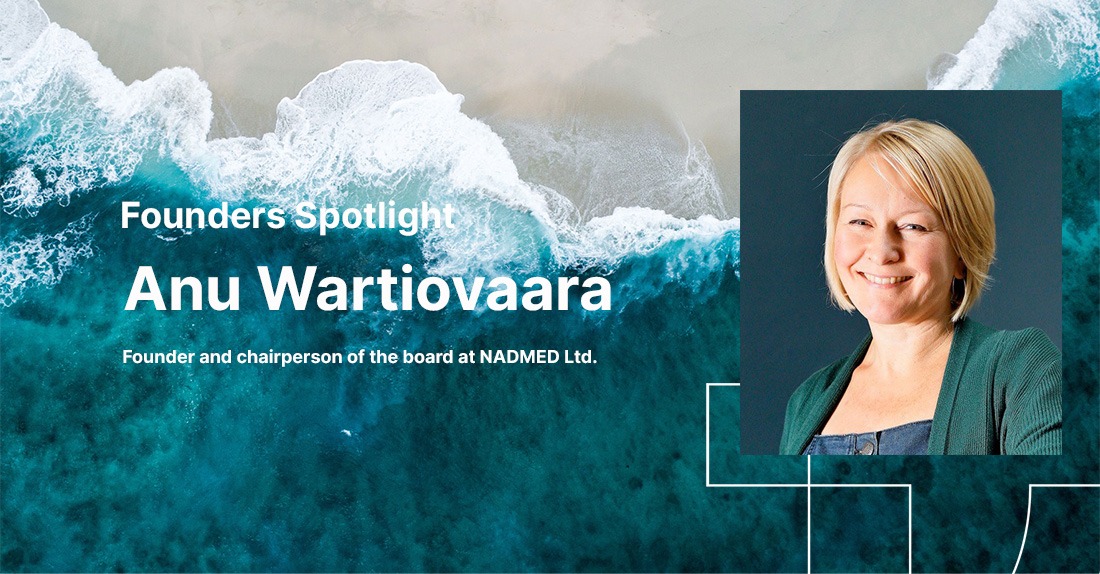The growing demand for food and sustainable food production are global challenges. A significant part of the problem is the lack of sustainably produced protein feed. New VTT-based company, eniferBio has developed a new and sustainable production process for a high-quality fish feed ingredient and recently received funding for its solution from two funds, Nordic FoodTech VC and Voima Ventures.
Fish is a healthier and more ecological source of protein than meat and its consumption is constantly increasing. The decline in fish stocks has led to the increased fish farming which, in turn, is limited to the availability of sustainably produced feed. eniferBio has developed a method for producing Pekilo mycoprotein – a form of single cell protein derived from fungi. Pekilo mycoprotein is nutritious and protein rich cell biomass and can be used as raw material for fish feed. It is produced from biorefineries’ underutilised and renewable organic raw material streams. Pekilo mycoprotein can replace soy, which is commonly used in fish feed. Soy cultivation poses ecological challenges such as the deforestation in South America.
The Pekilo single cell protein production method was originally developed in Finland by the forest industry as early as the 1970s. As the pulp industry developed, the by-products required for manufacturing depleted, but today similar by-products continue to be generated in other industries. eniferBio has modernised this protein production method with new biotechnology and now applies it to the fish feed production. The technology has been tested and optimised in VTT’s business incubator, VTT LaunchPad.
“We have demonstrated that the single cell protein manufacturing process works with a variety of industrial by-products which are available globally in huge quantities. There is scope to replace all the soy protein concentrate used in fish feeds today, a market currently of $ 2 billion and growing fast. In addition, we have reformed the process so that the produced protein meets the high quality requirements for fish feed. The production method is sustainable and enables protein self-sufficiency. The results show that with this method we can build a profitable business,” describes Simo Ellilä, the founder of eniferBio.
With the support of VTT LaunchPad, eniferBio has built networks with the relevant industry partners and fish feed producers. Both parties are interested in the solution. The next step is the preparation for pilot production.
“We negotiate with side stream producers and optimise our process for the selected side stream. The number of biorefineries is growing globally and they want to utilise the by-products of their production. It is a new source of income for biorefineries. We have already successfully tested side stream samples from all across the world – India, Thailand, Brazil and Canada. Our objective is to start pilot production of single-cell protein in the beginning of 2021 and to produce enough protein on a fast schedule, which can be tested by the fish feed producers. From there the next step is to build a first industrial scale plant in Europe, before starting to export the concept further afield,” says Ellilä.
eniferBio’s technology is on the cutting edge of time as resource-efficient solutions to major global problems are currently being sought. As a result of Covid-19, self-sufficiency and security have become increasingly more important. As we emerge from the crisis, investments will focus even more on sustainable solutions.
Investors include Nordic FoodTech VC and Voima Ventures
eniferBio is financed by Nordic FoodTech VC, which invests in the food technology, and Voima Ventures, which invests in science-based deep tech startups. For the main investor, Nordic FoodTech VC, this is the first investment in Finland while both investors are also investing in VTT’s spin-off company for the first time.
“Nordic cutting-edge research provides significant solutions to global food challenges. The continuous change the world is facing is reflected in eniferBio’s solution. In the 1990s, global resources were considered abundant and there was no need for the production of Pekilo protein with its production run down in the early 1990s. Now, however, this historical Finnish invention in its developed form is more relevant than ever. Nordic FoodTech VC’s investment strategy is well suited to investing in technology that produces protein from unused by-products into a growing area of food production,” states Mika Kukkurainen from Nordic FoodTech VC.
“eniferBio combines the elements of a good startup very nicely. Finnish sustainable development innovation has been scientifically further refined and is now being commercialised by an entrepreneurial research team”, complements Pontus Stråhlman from Voima Ventures.
VTT LaunchPad’s first spin-off
VTT LaunchPad has been operating over a year and the business incubator has nine teams that aim to commercialise VTT’s research and technology as spin-off companies. eniferBio is the business incubator’s first startup company. This is also an important milestone for VTT LaunchPad.
“eniferBio has proven its technology works. In addition, the eniferBio team has shown its ability to adapt to change and move forward with determination. This is an encouraging example of how a new technology can be converted into a startup,” states Lotta Partanen, the manager of VTT LaunchPad.





